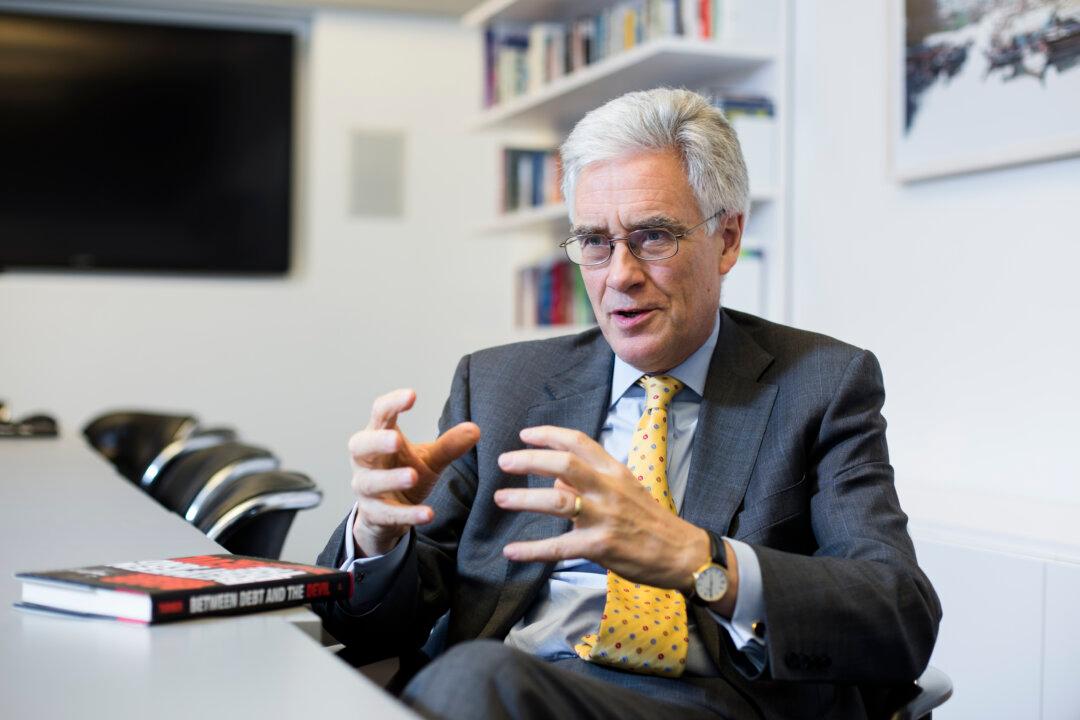Adair Turner, Baron Turner of Ecchinswell is not your average regulator. First off, he steered the British banking system through the financial crisis of 2008 as the head of the Financial Services Authority (FSA), Britain’s former financial regulatory body.
But how is that different from other regulators such as Timothy Geithner and Ben Bernanke?
He started to ask questions going beyond capital ratios and counterparty risk management. He questioned the whole financial system itself and came to the same conclusions previously reserved to rogue economists such as Hyman Minsky and Steve Keen.
Ultimately the Chinese regime is responsible for the debts of the banks.





